Thematic Focus: Gender
“Donors can play a crucial role by demanding that aid agencies use a comprehensive gender analysis to inform programming. The findings and recommendations from the HRI report deserve thoughtful consideration.” Valerie Amos, UN Under-Secretary General For Humanitarian Affairs and Emergency Relief Coordinator
For many years, governments and humanitarian actors have accepted the need for mainstreaming gender in humanitarian actions. The HRI 2011 research included a special focus on how gender – meeting the distinct needs of women, girls, men and boys in crisis situations– is addressed in government donors’ policies, funding and practices.
From DARA’s perspective, gender cannot simply be a political statement of commitment; it is essential to the quality, effectiveness and accountability of aid efforts. Good gender analysis and gender sensitive approach in programme design and implementation are essential to meet the basic humanitarian principle that aid is impartial, non-discriminatory and based on needs. Any action, no matter how well-intentioned, can fall short of meeting humanitarian objectives if organisations do not know the specific capacities and needs of all the different parts of the population affected by a crisis, and fail to design, monitor and assess the effectiveness of interventions in meeting those needs.
Key recommendations:
- Make sure gender is fully integrated into needs assessments, donor funding decisions, and programme design and implementation.
- Integrate gender specifically into prevention, preparedness, risk reduction and recovery activities.
- Support measures to increase the participation and engagement of women in humanitarian action.
- Increase efforts to ensure gender is an integral part of protection strategies.
- Make gender an explicit focus of monitoring, evaluation and learning in humanitarian action.
Read the Gender Chapter: Addressing the Gender Challenge
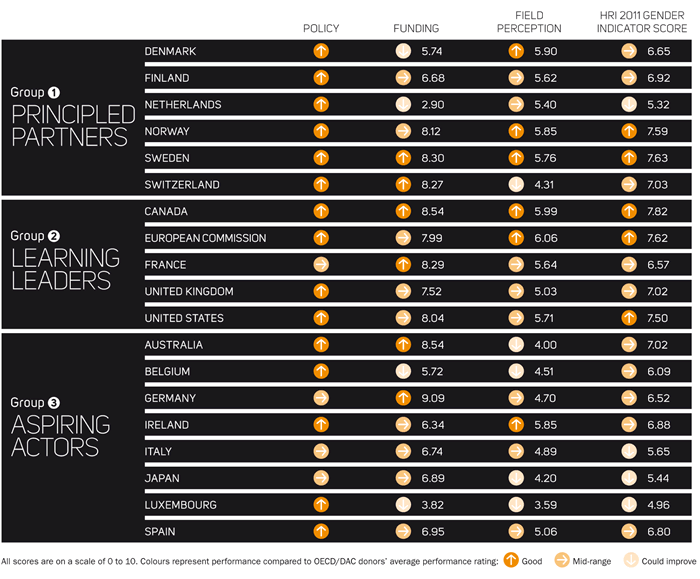


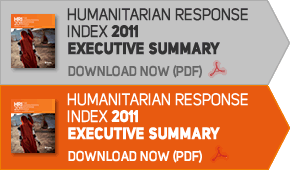

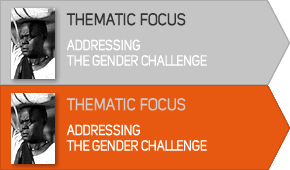
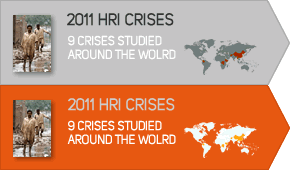
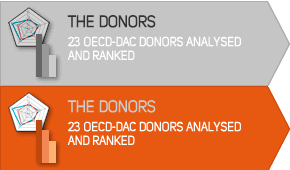
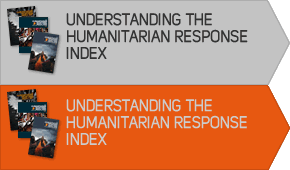

Share this